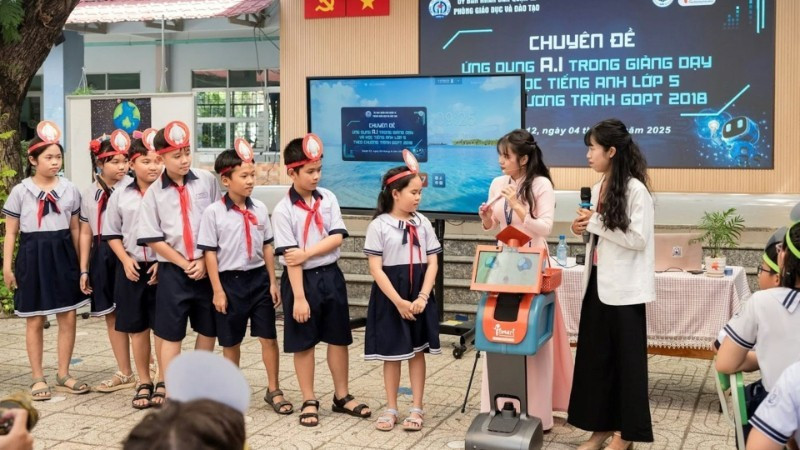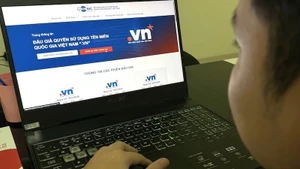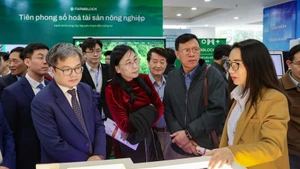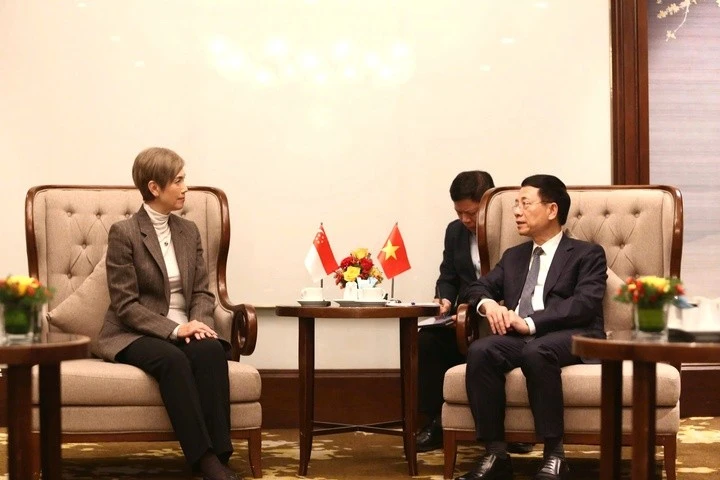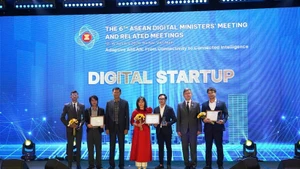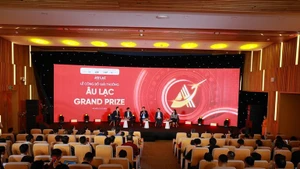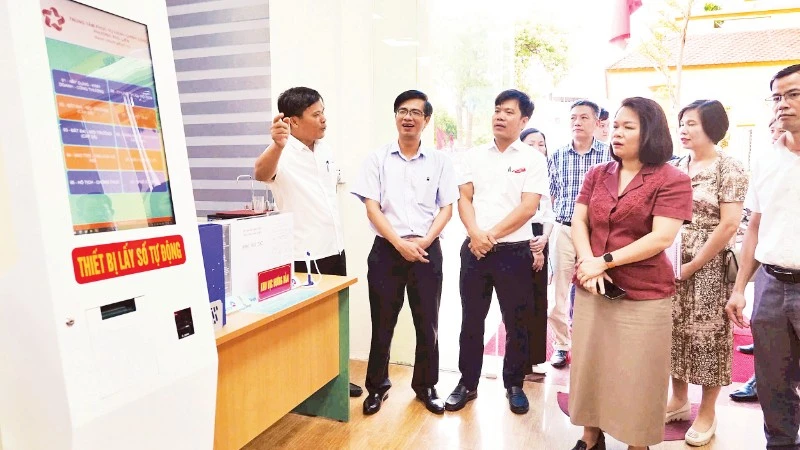The application of AI in education opens new opportunities for teaching and learning, while also posing challenges in terms of renewing teaching methods, content and management.
In the context of digital transformation and rapid technological advancement, particularly in AI, education—especially general education—is facing an urgent need to change the way knowledge is approached. It is not only about updating content, but more importantly about adopting personalised, flexible, and technology-integrated approaches.
Dr Le Cong Luong, Head of the Department of Science, Technology and International Cooperation (under the Viet Nam Union of Science and Technology Associations), noted that current general education still leans heavily towards one-way transmission, failing to promote students’ critical and creative thinking. Subjects in the social sciences such as History, Geography, Literature, and Civic Education, though important in shaping character and ethics, are often delivered in a rigid and unengaging manner.
Luong stressed that AI is not merely a tool, but a driving force for comprehensive educational reform. Applying AI can reduce teachers’ administrative workload and facilitate innovation in teaching methods; it allows students to learn according to their abilities, develop self-learning and research skills, and enhances training effectiveness both in schools and across society, thereby preparing a workforce ready for the knowledge economy.
Based on teaching experience, lecturer Vu Hai Nam (Faculty of Geography, University of Science, Viet Nam National University, Ha Noi) affirmed that reforming general education, especially in subjects like Geography, cannot be separated from digital transformation and the application of AI. Effective use of AI makes lessons more engaging and personalised, while also meeting the demand for reforming assessment in line with competency development, helping students apply knowledge in practice rather than simply memorising theory. Nam believes AI also contributes to developing digital competence, critical thinking, and practical research skills—core competencies outlined in the 2018 General Education Programme. In this era of open education, every teacher and school must become a centre of innovation, proactively adapting and shaping the future of digital education.
Sharing a practical application model, teacher Be Thi Truc Linh, a History teacher at Victory Experimental Secondary School, said that combining technology with artistic elements such as poetry and music helps students access historical knowledge more enjoyably and memorably. She used ChatGPT to compose poems and AISongGenerator software to compose music, creating a song summarising a lesson on the resistance war against the Song invaders during the Ly dynasty, taught to her Year 7 students.
According to experts, reforming general education methods and applying AI in teaching social sciences brings numerous opportunities but also poses significant challenges. Limitations in technological infrastructure, low digital competency among teachers and students, a lack of instructional materials and clear legal frameworks may lead to dependency on technology, making it difficult to ensure learning quality and honest assessment.
AI can personalise learning and support teachers in instruction and classroom management, but it cannot replace the teacher’s role in inspiring students, nurturing creative thinking, and cultivating character. In the digital era, with just a smart device, learners can access a vast pool of knowledge, opening up lifelong learning opportunities. However, without proper guidance, students may over-rely on AI to complete assignments quickly without truly understanding the content.
To ensure that AI becomes an effective educational tool—especially in general education—many suggest that a framework for AI application in general education programmes should be issued soon. At the same time, stronger cooperation is needed between schools, enterprises and experts to develop learning platforms that are suitable for real-life teaching conditions. Building a safe digital education ecosystem that ensures privacy and data protection is essential. It is necessary to upgrade technological infrastructure and teaching equipment; organise training programmes on digital literacy, AI skills and digital ethics for teachers and students; and develop clear guidance for applying AI in teaching social sciences while improving the relevant legal framework.
In addition, investment should be focused on developing specialised AI platforms for the social sciences, capable of simulating scenarios, analysing society, and visualising historical knowledge. A transparent and fair assessment mechanism should also be established, integrating plagiarism detection tools to limit AI misuse in learning. Encouraging innovative pilot models that connect teachers, experts, and researchers will help spread effective practices in educational innovation.
